Samsung: Microsoft’s acquisition of Nokia made them a direct hardware competitor
2 min. read
Published on
Read our disclosure page to find out how can you help Windows Report sustain the editorial team. Read more
For those that did not know, Samsung has been paying Microsoft as part of an Android licensing agreement. In fact, Samsung paid Microsoft $1 billion dollars last year as part of the agreement. Now, Samsung believes the collaboration with Microsoft on the company’s Windows Phone platform has ended, since Microsoft’s purchase of Nokia’s Devices and Services division makes them a ‘direct hardware competitor.’
Samsung claims that Microsoft’s purchase of Nokia breaches the contract it signed with Microsoft. The Redmond tech giant is asking the court to uphold the contract, and have Samsung pay unpaid interest of $6.9 million dollars.
Samsung inked a deal with Microsoft back in 2011 to pay Microsoft royalties in exchange for a patent license covering Samsung’s Android phones. The deal between the two companies also involved Samsung’s agreement to develop Windows Phone devices and share confidential business information with Microsoft as part of the collaboration between the two giants. Microsoft would then reduce the royalty payments if certain Windows Phone sales goals were met by Samsung.
However, Samsung believes that once Microsoft acquired Nokia, it became a direct hardware competitor. This places Samsung in a tough situation where they feel that sharing sensitive information to Microsoft could now be harmful towards their business. “[T]he agreements, now between competitors, invite charges of collusion,” Samsung said in the court filing.
Microsoft is confident that their case is strong. “We are confident that our case is strong and that we will be successful,” Microsoft’s Deputy General Counsel David Howard said. “At the same time, Microsoft values and respects our long partnership with Samsung, is committed to it, and expects it to continue.”

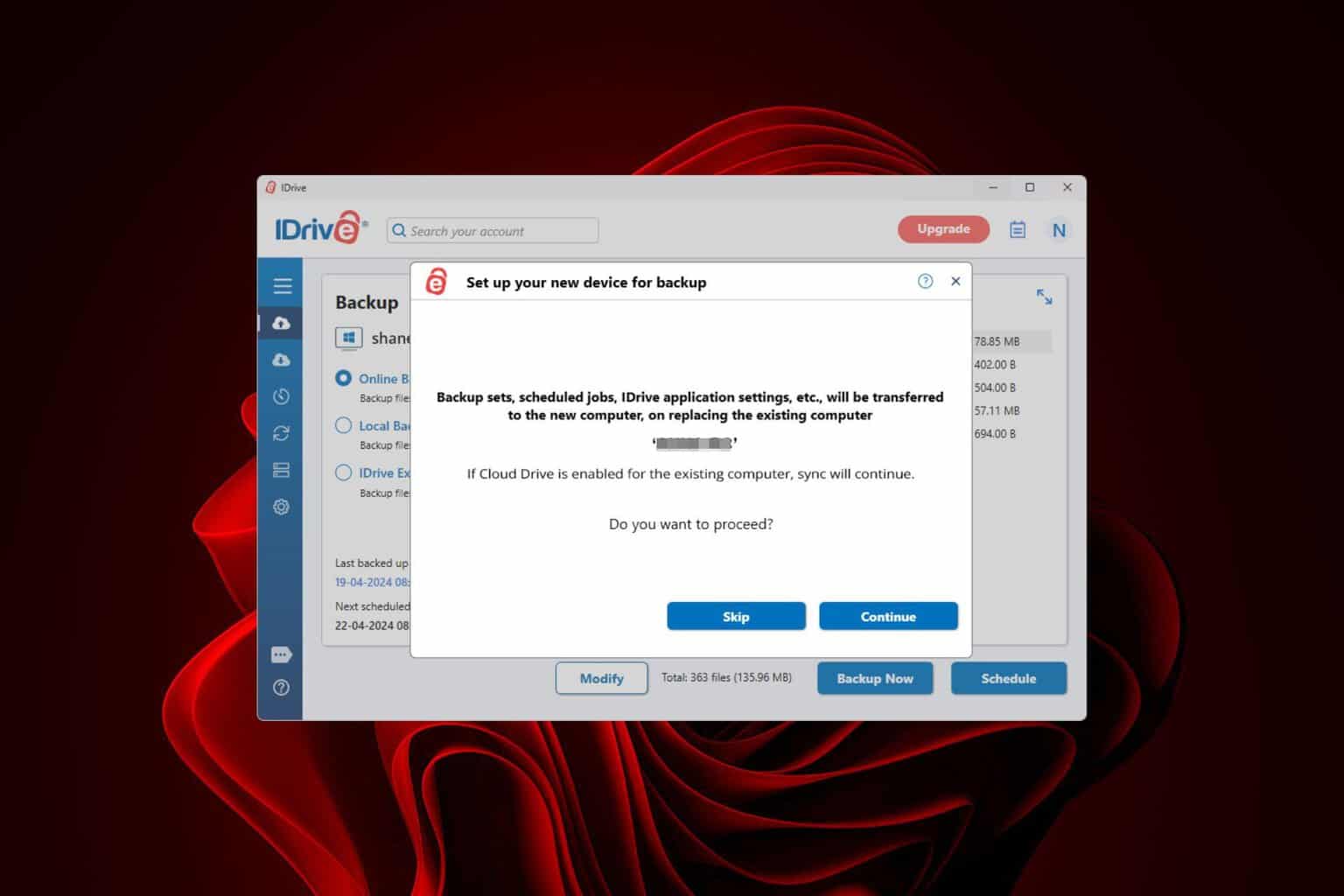
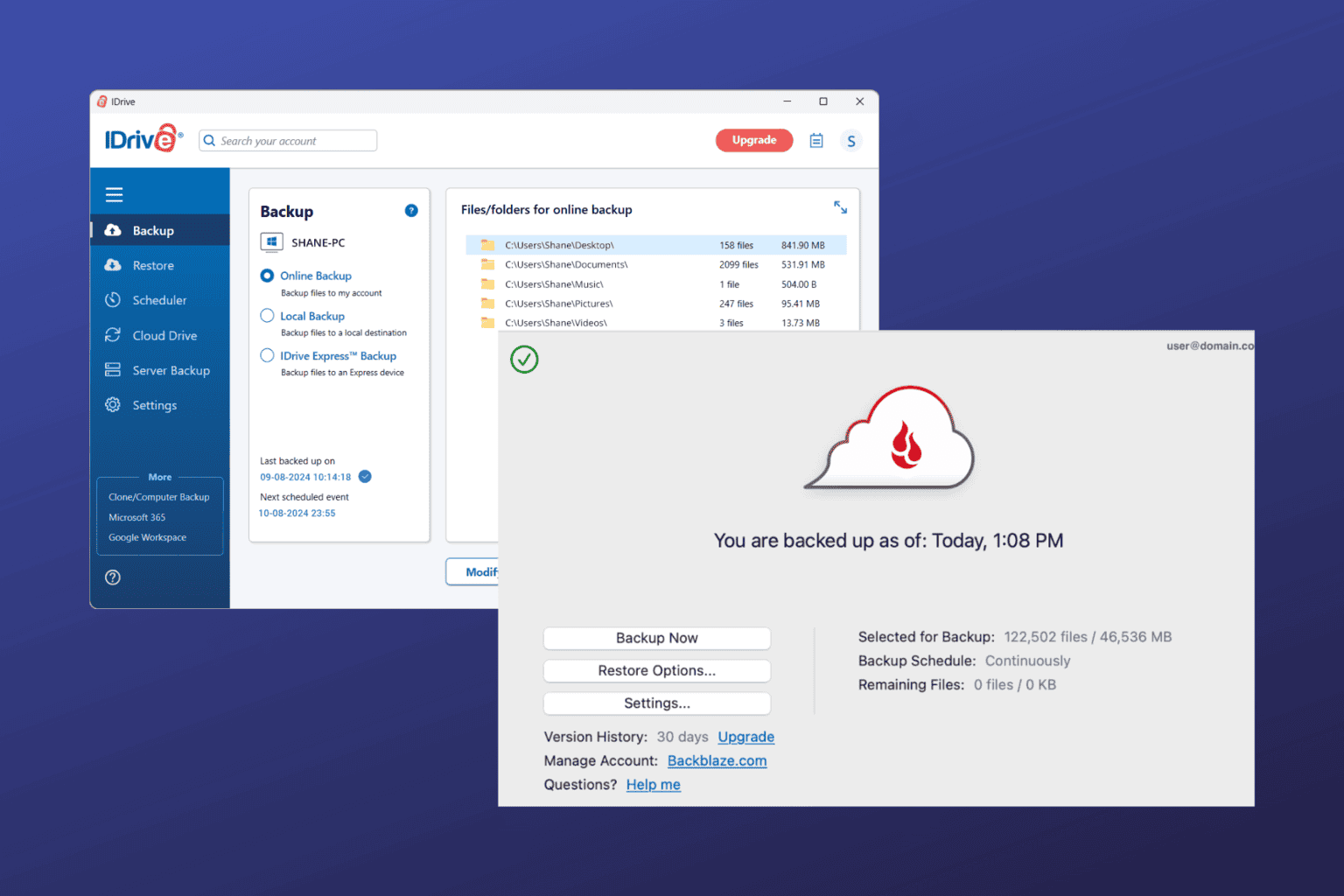
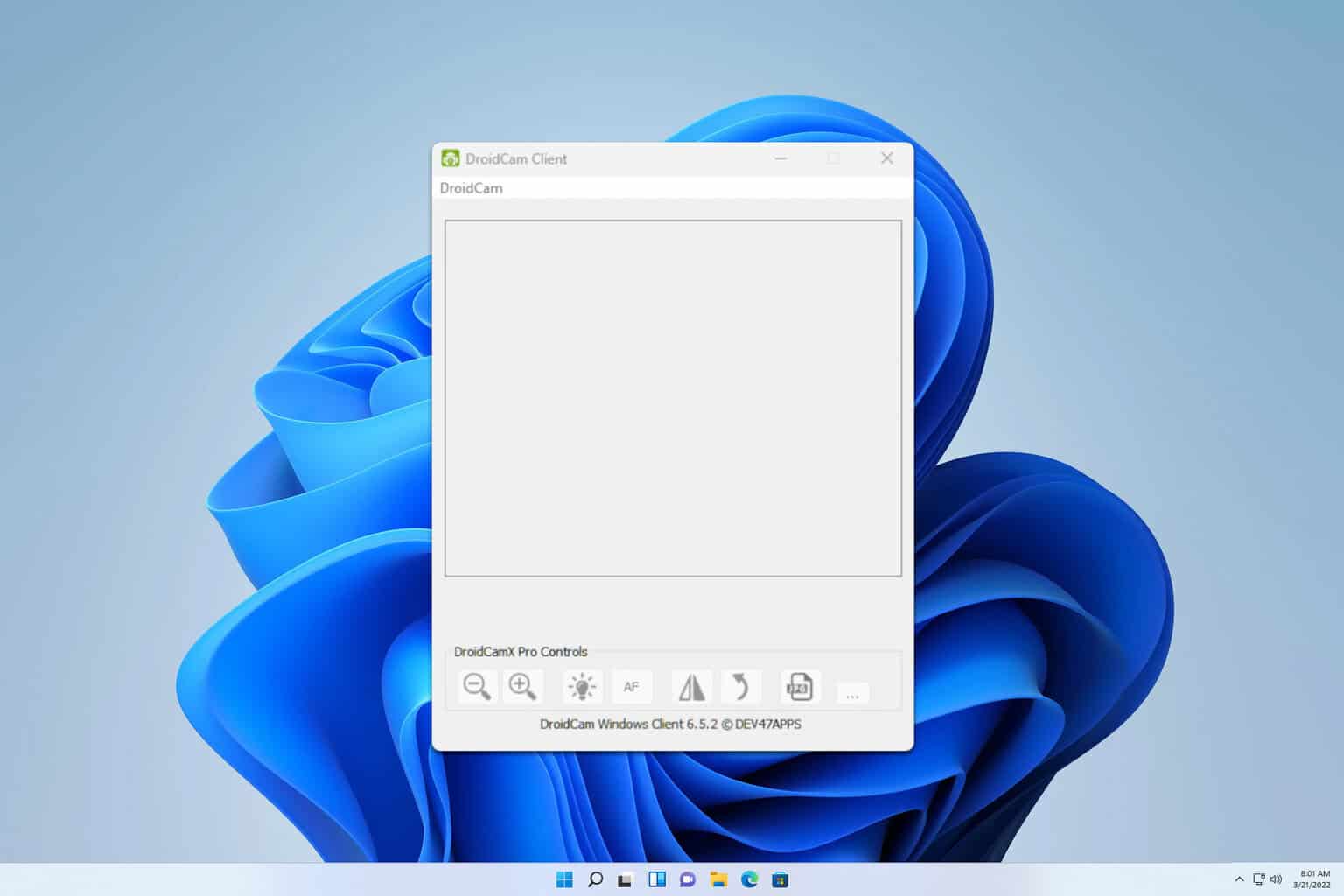
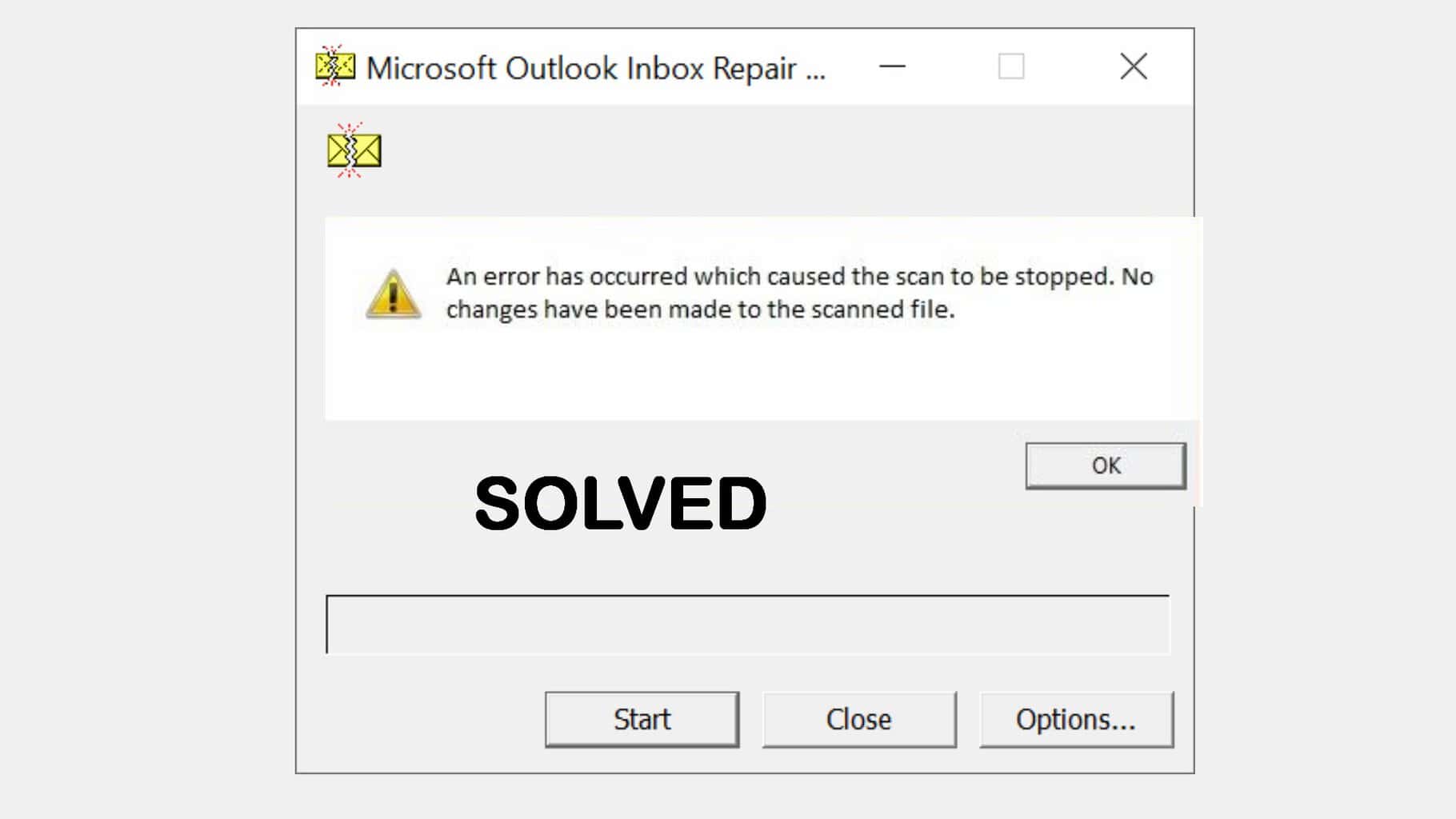
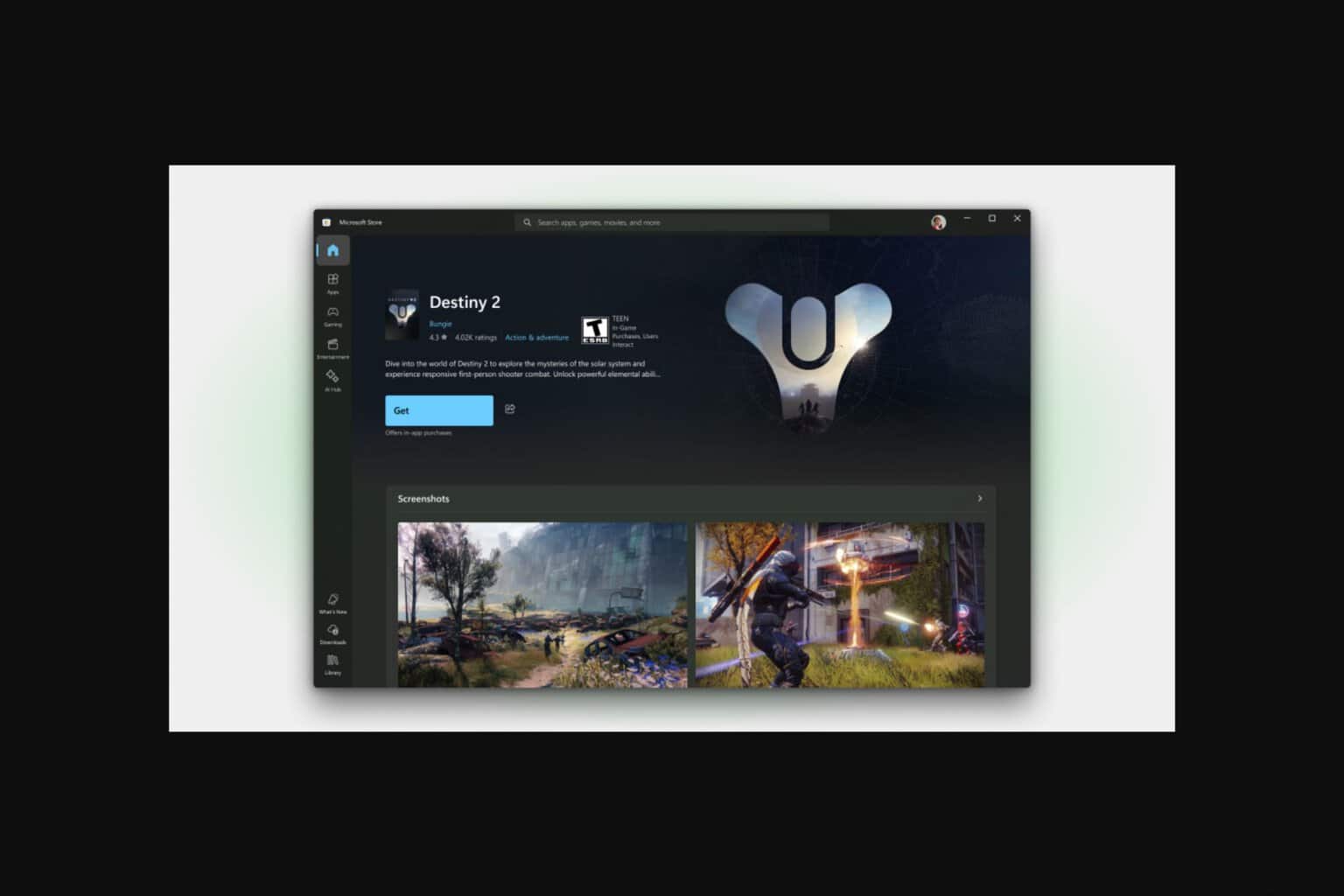

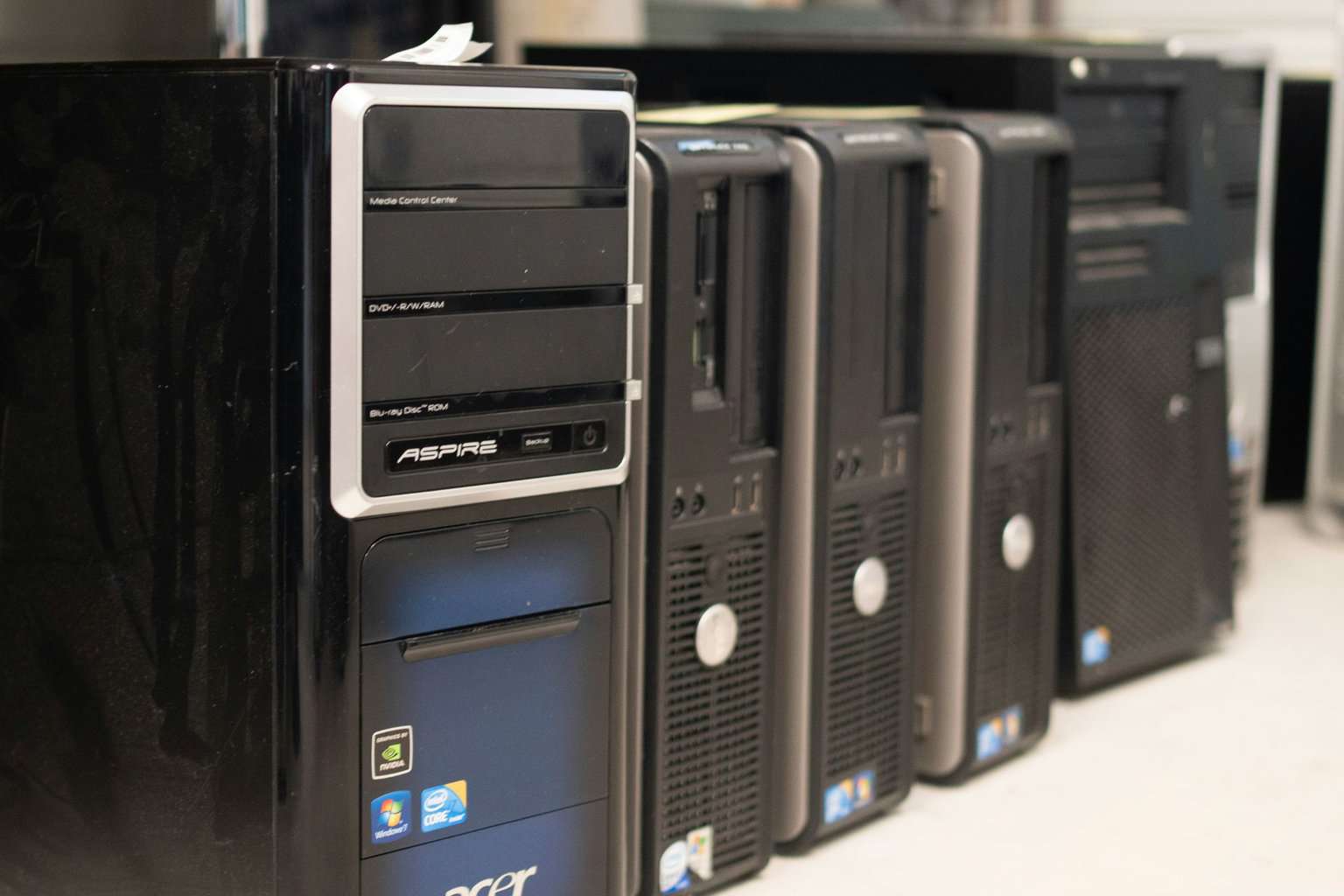
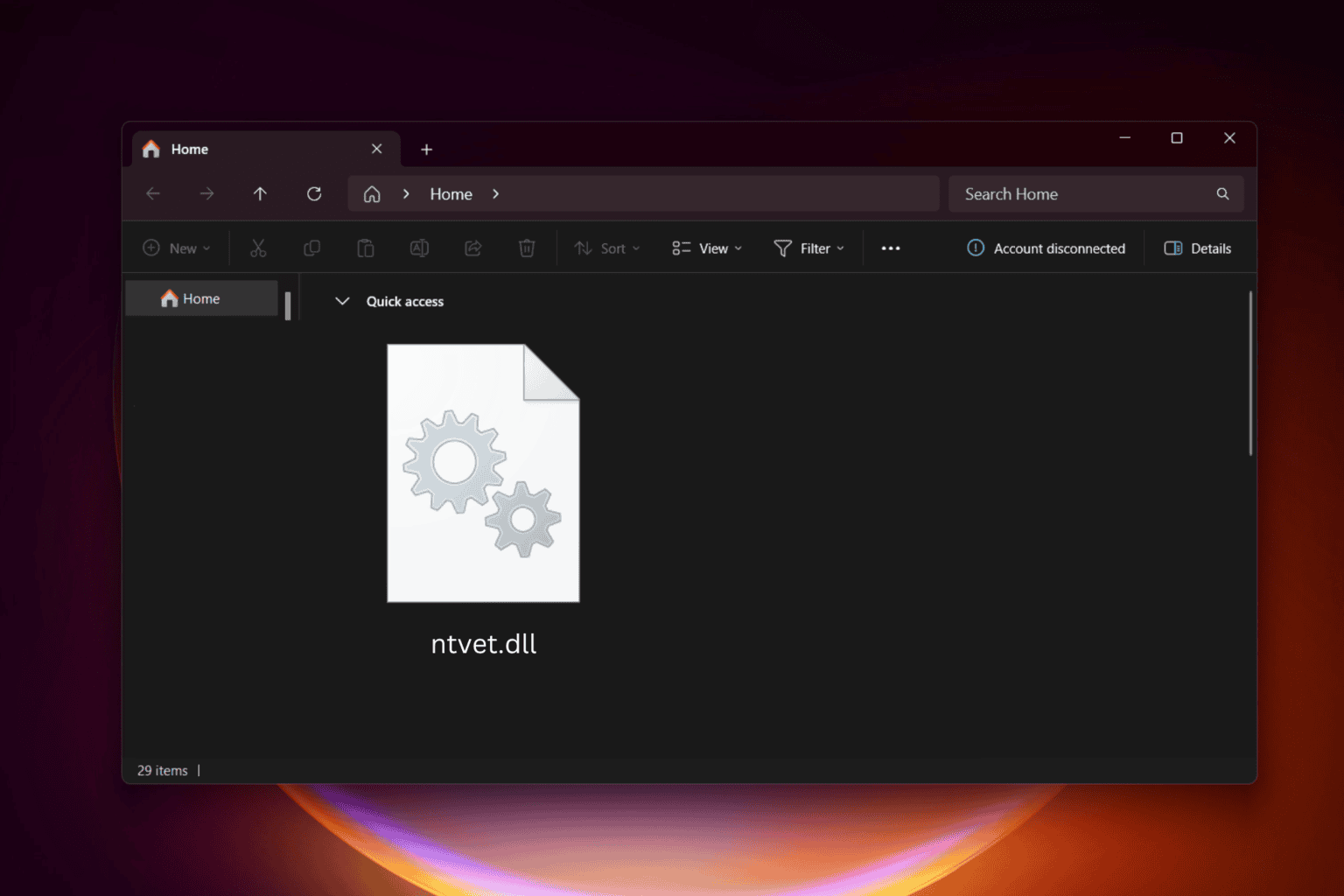
User forum
0 messages